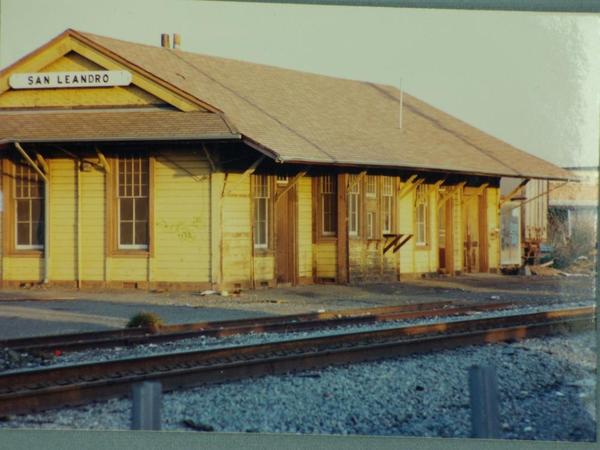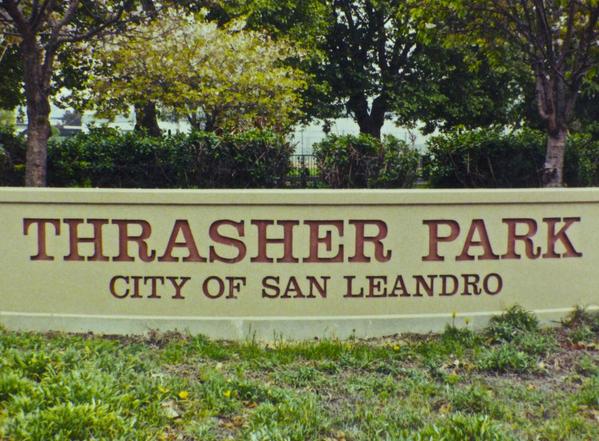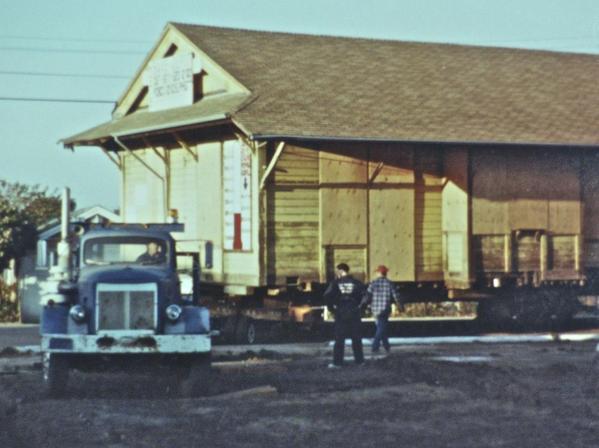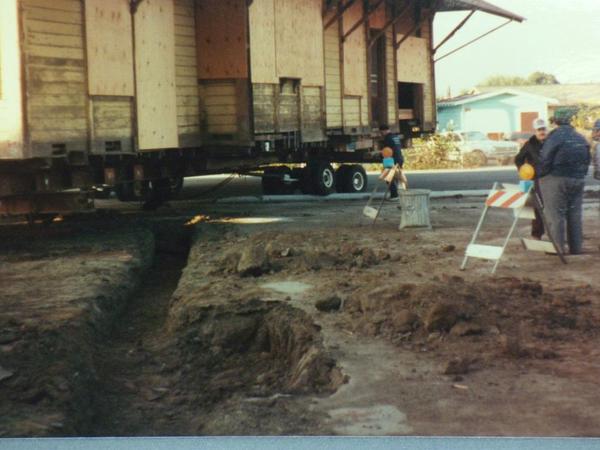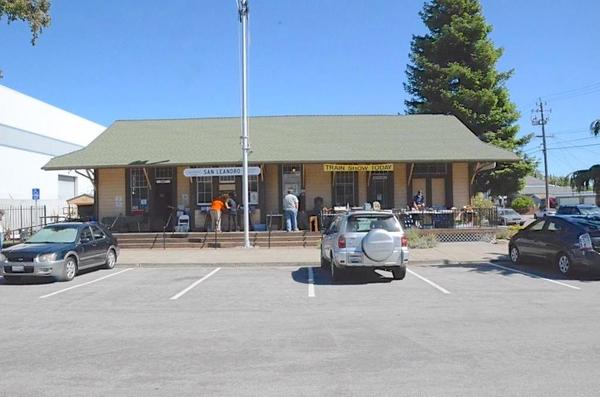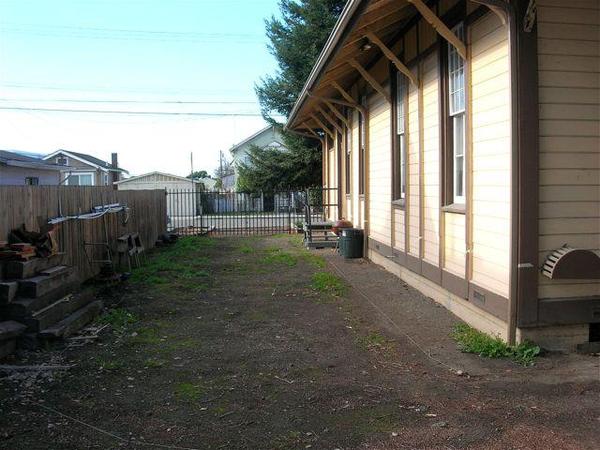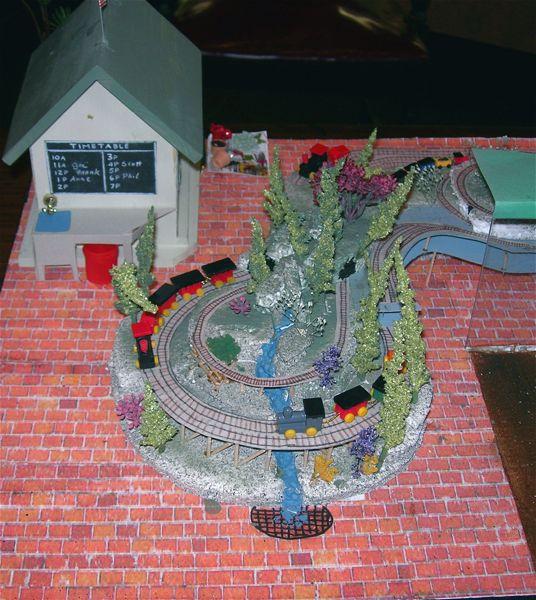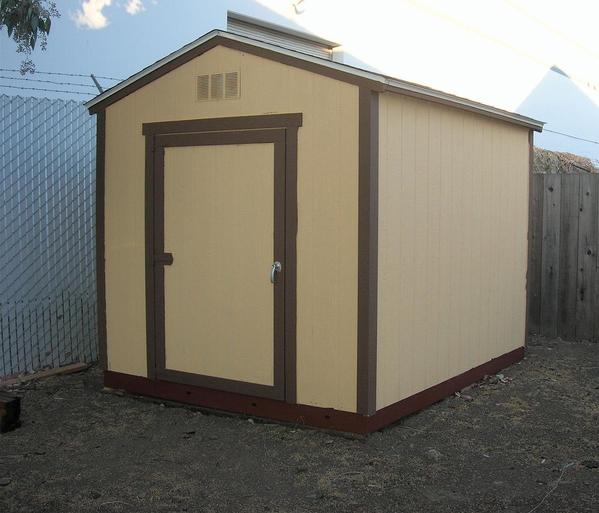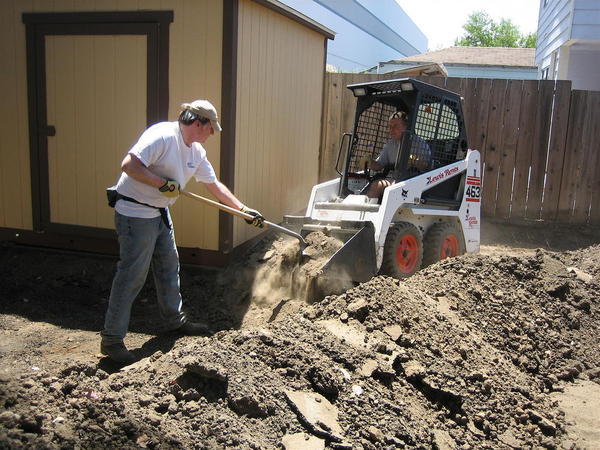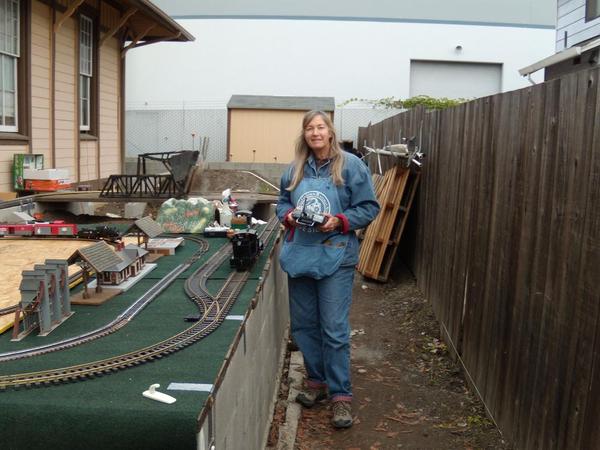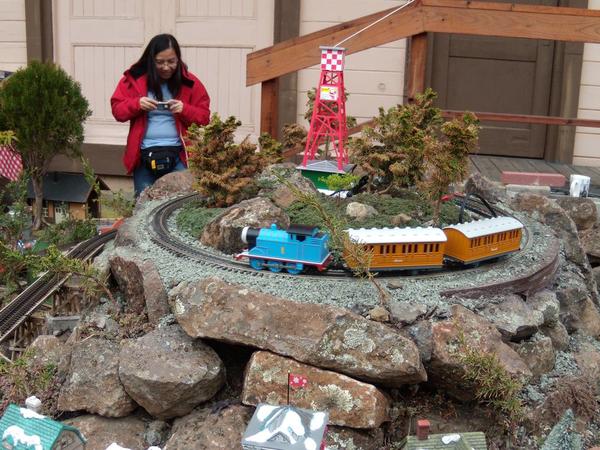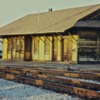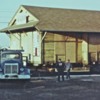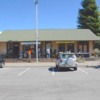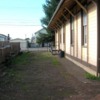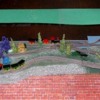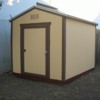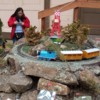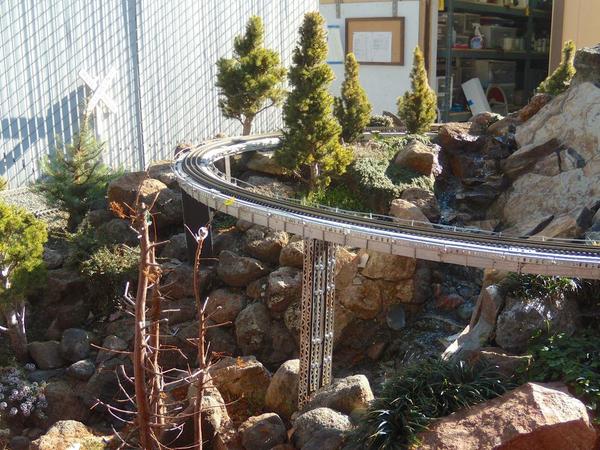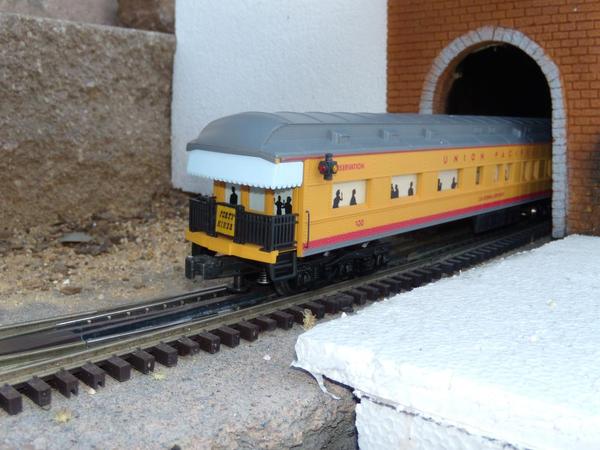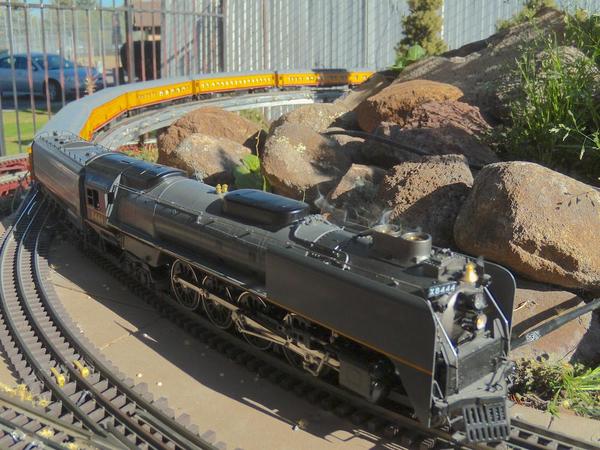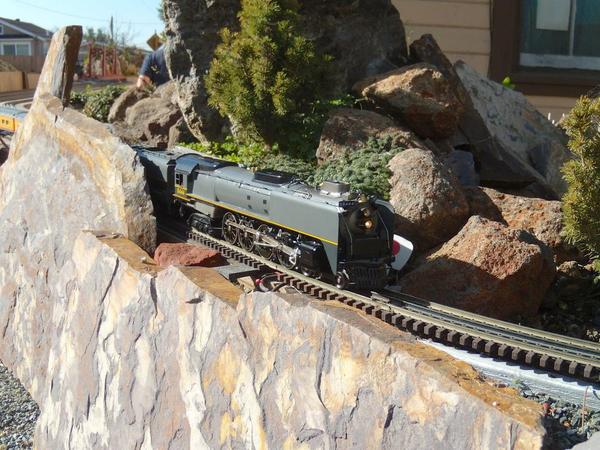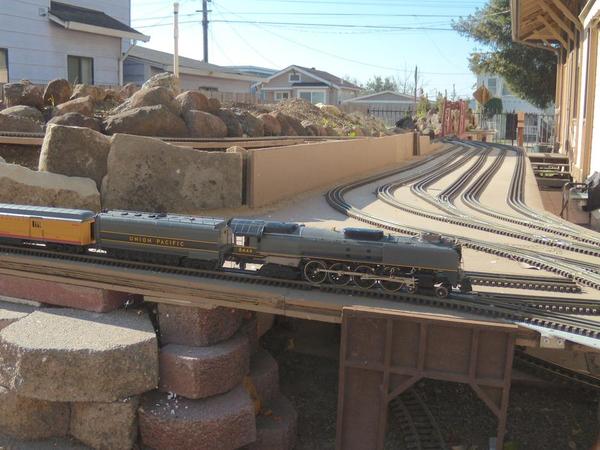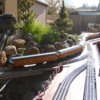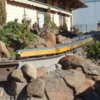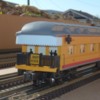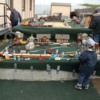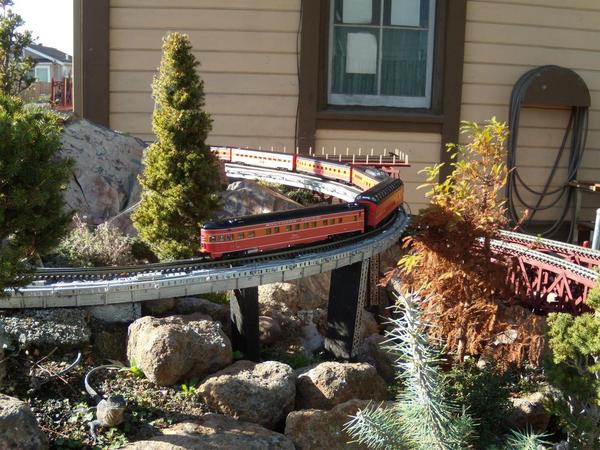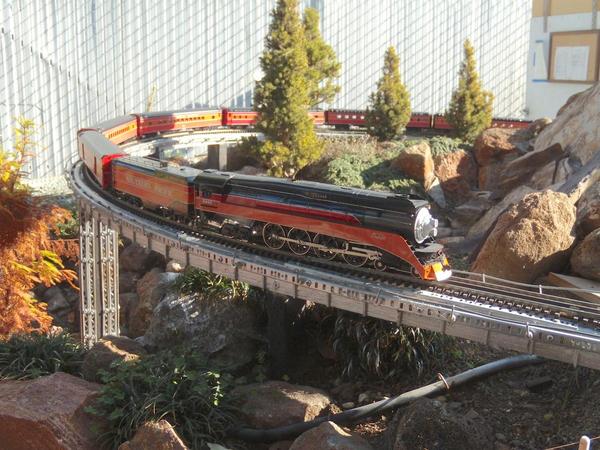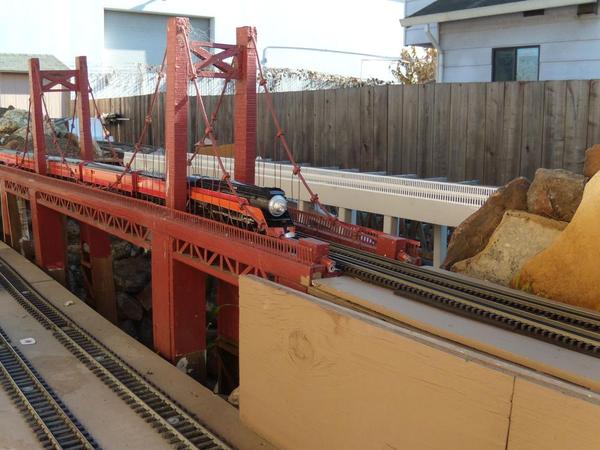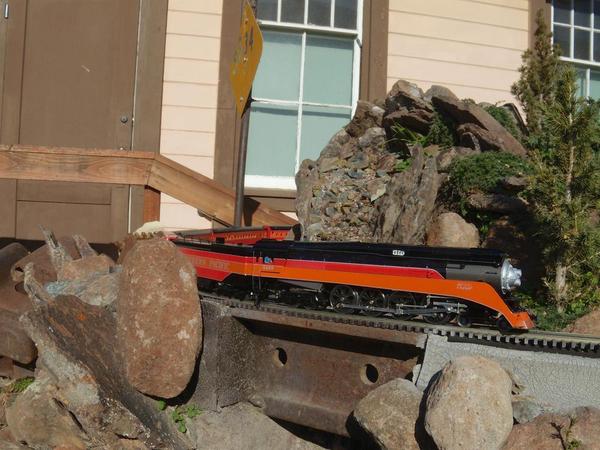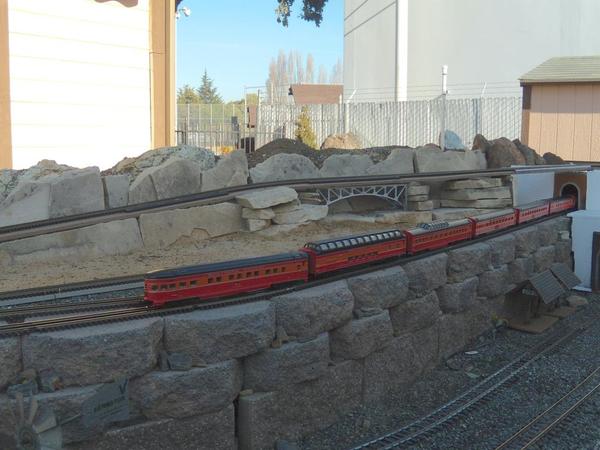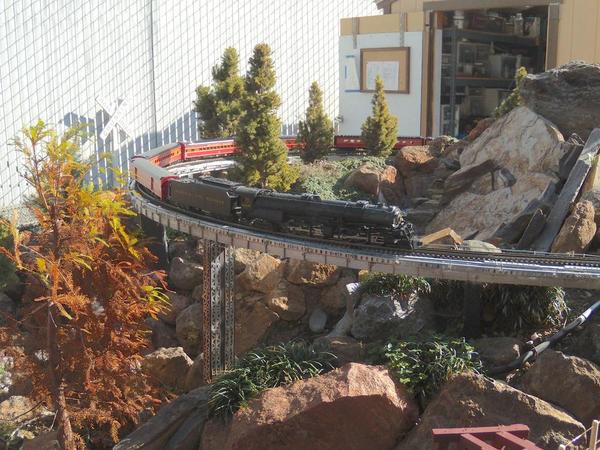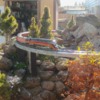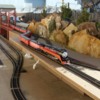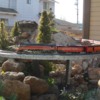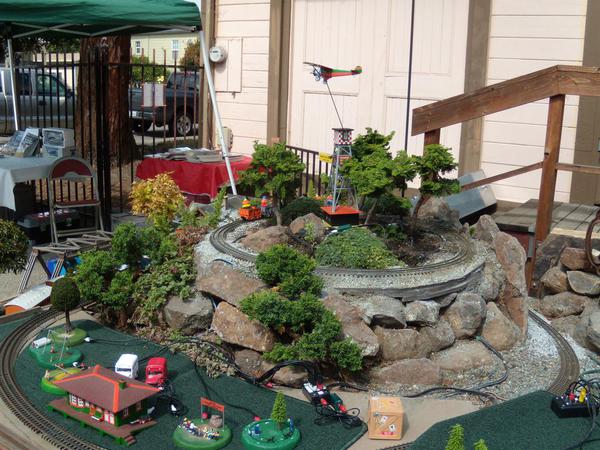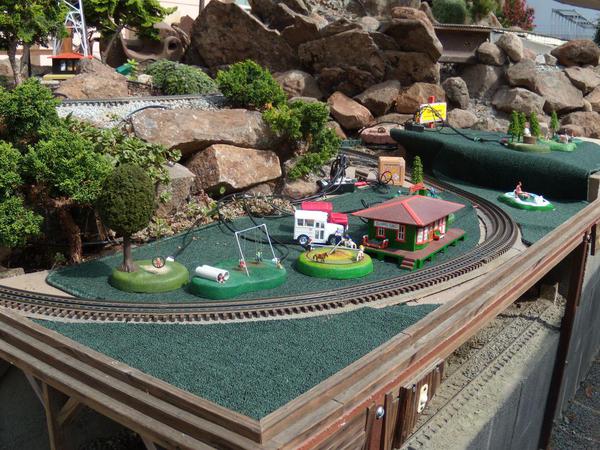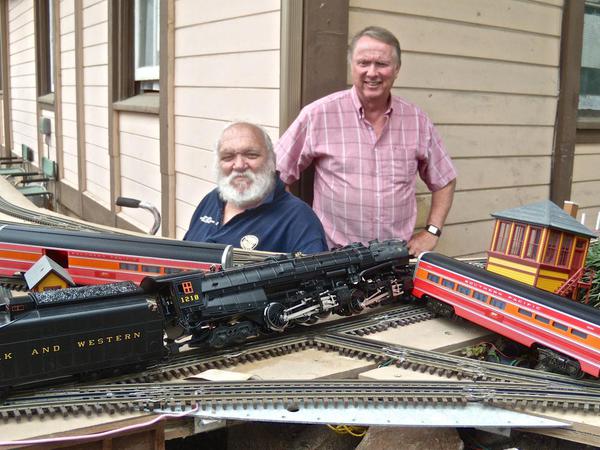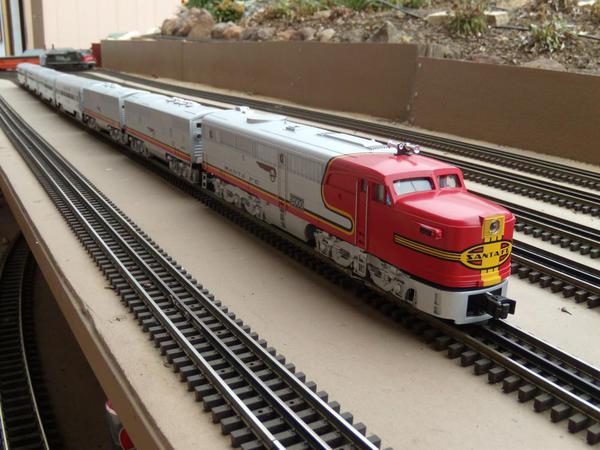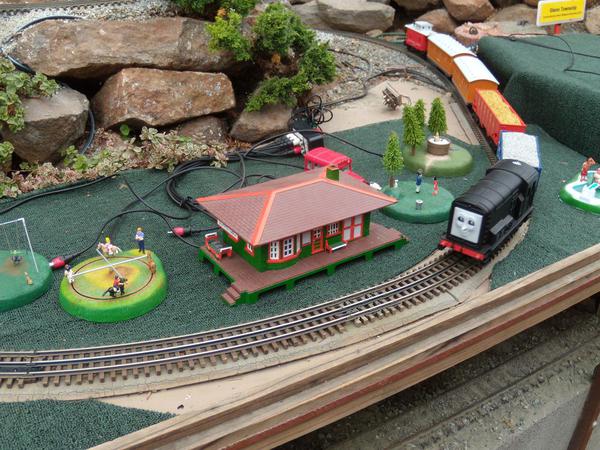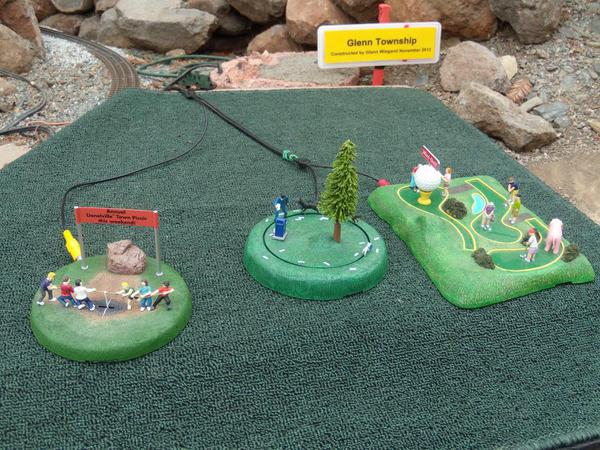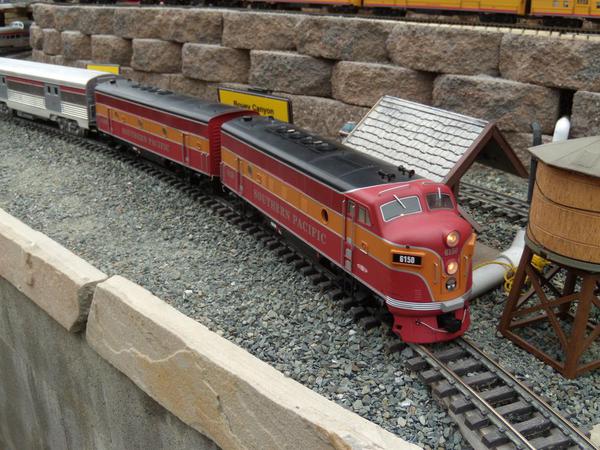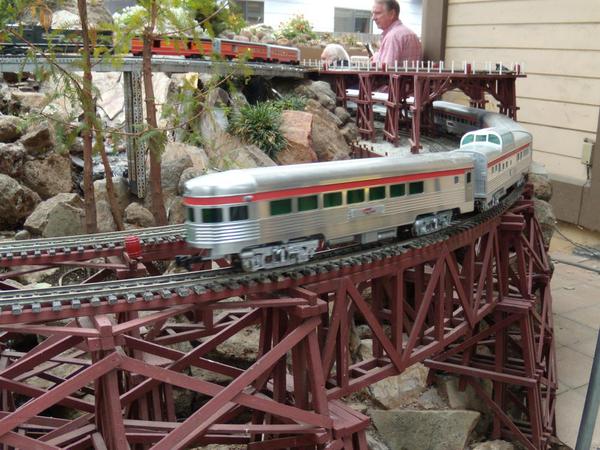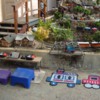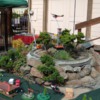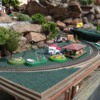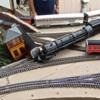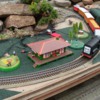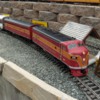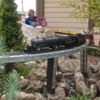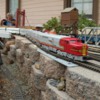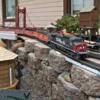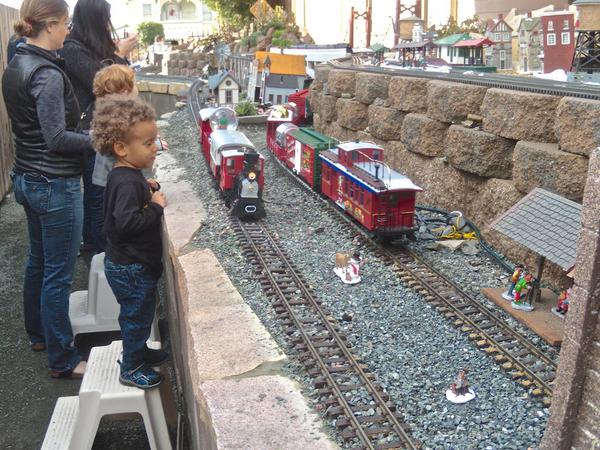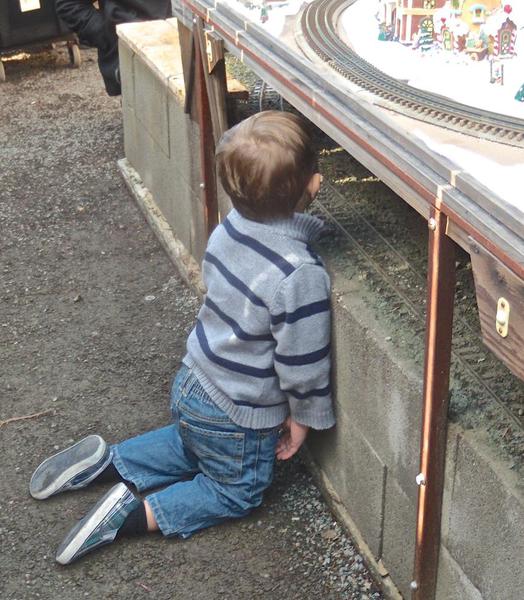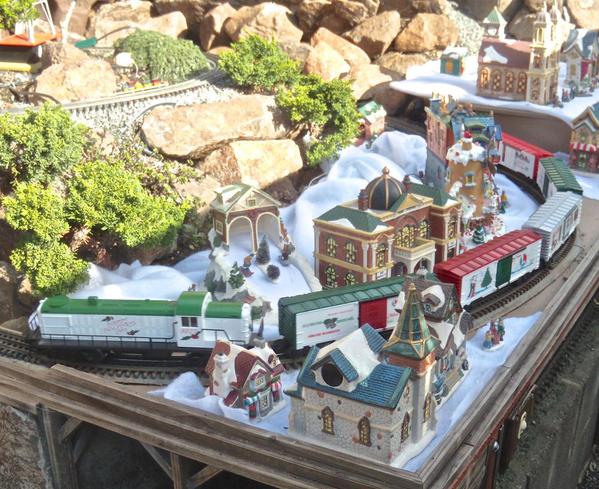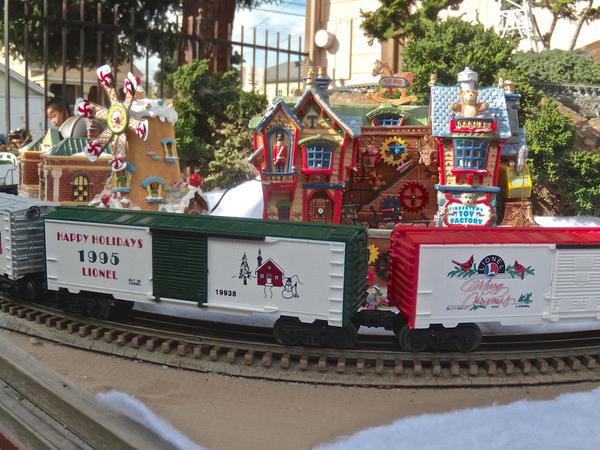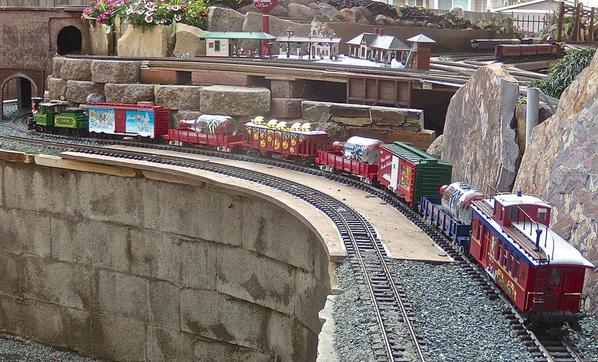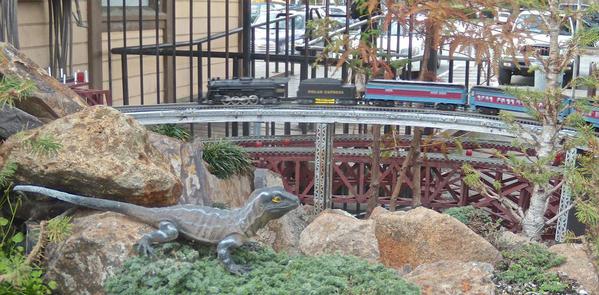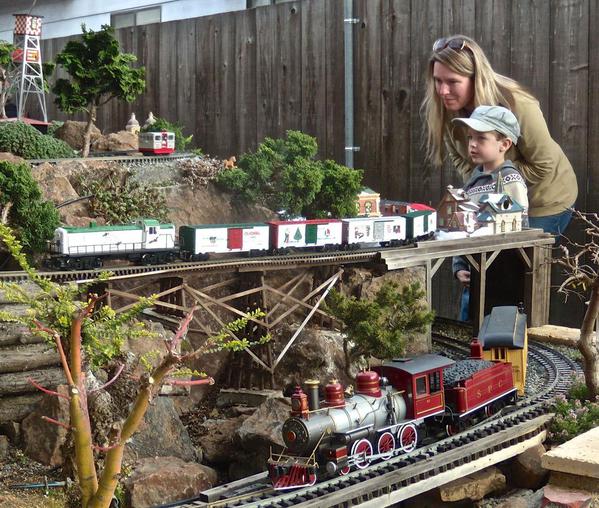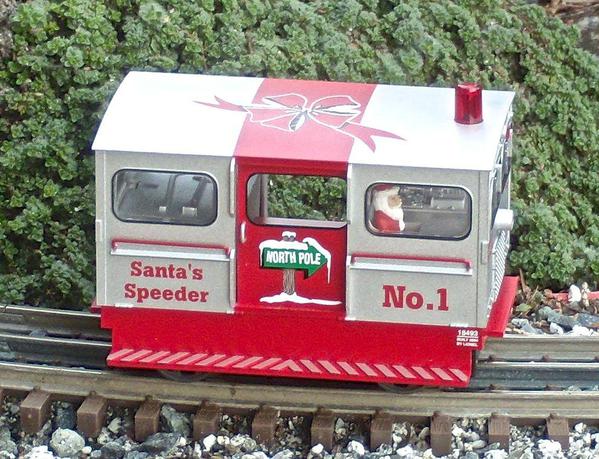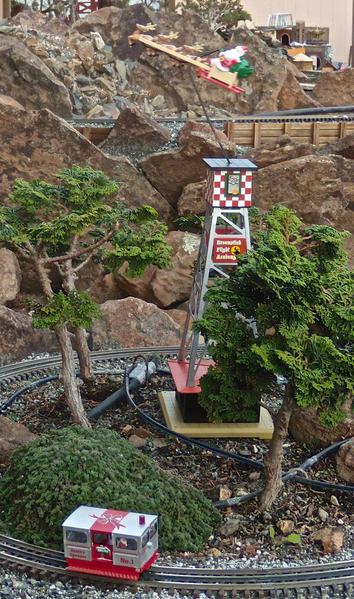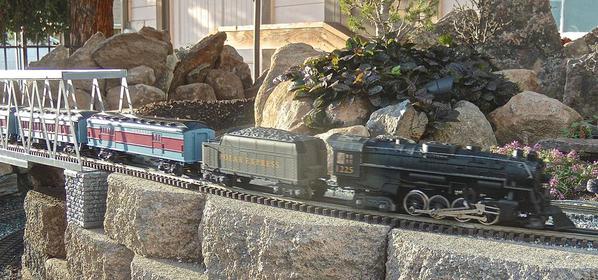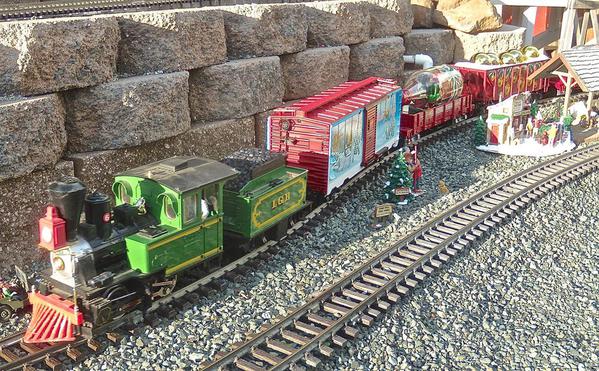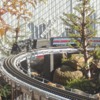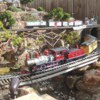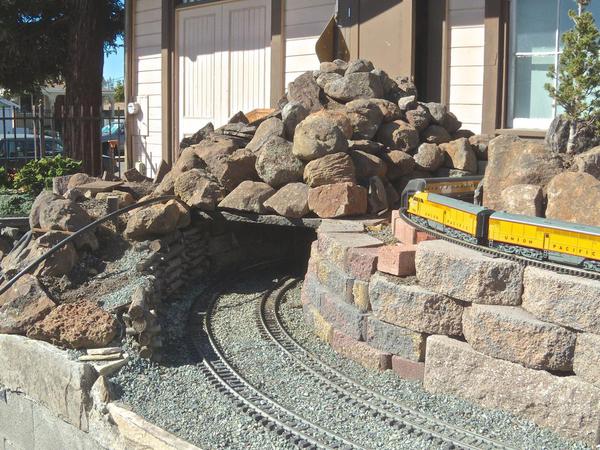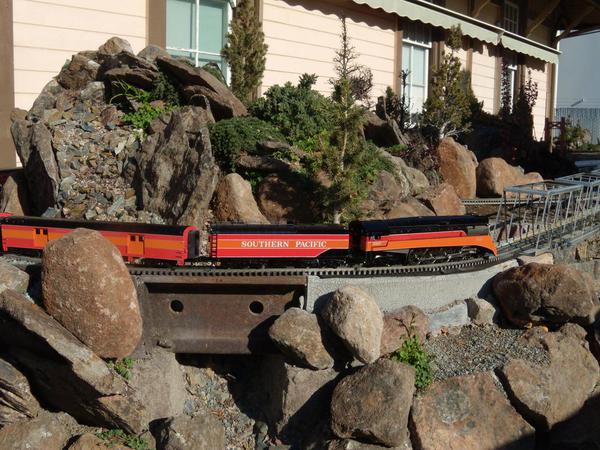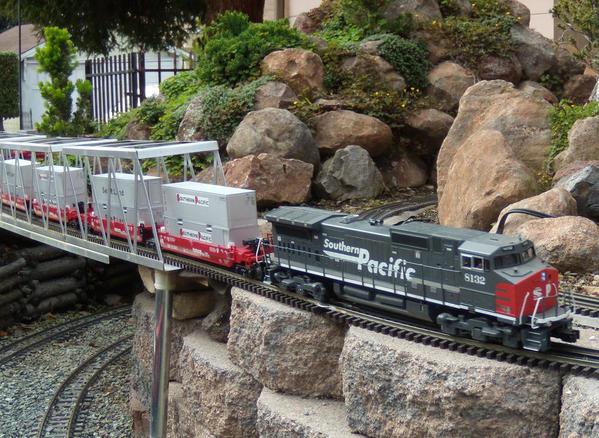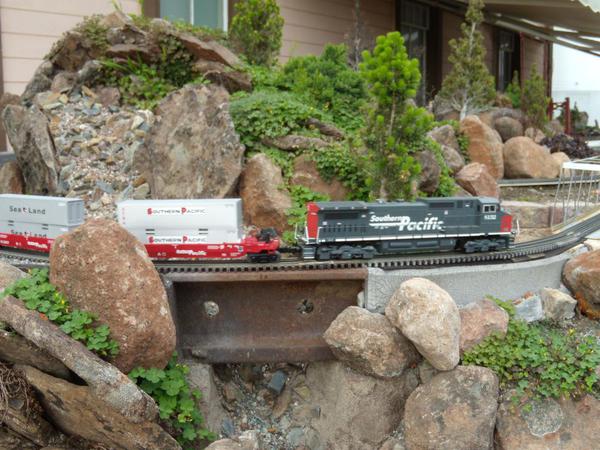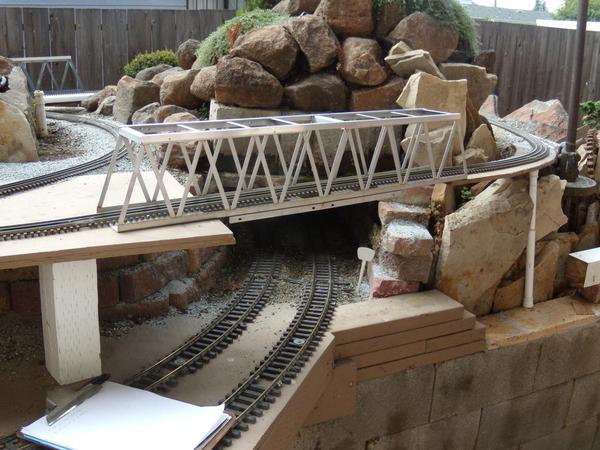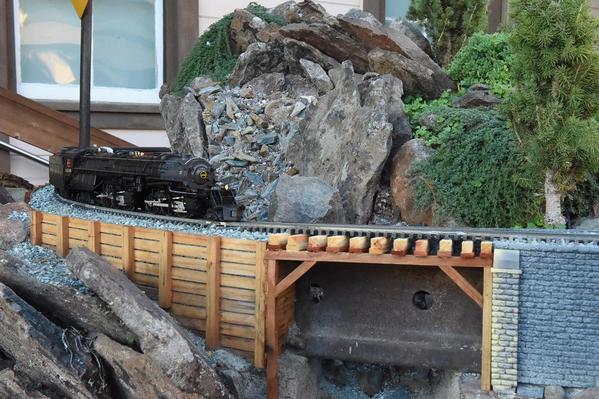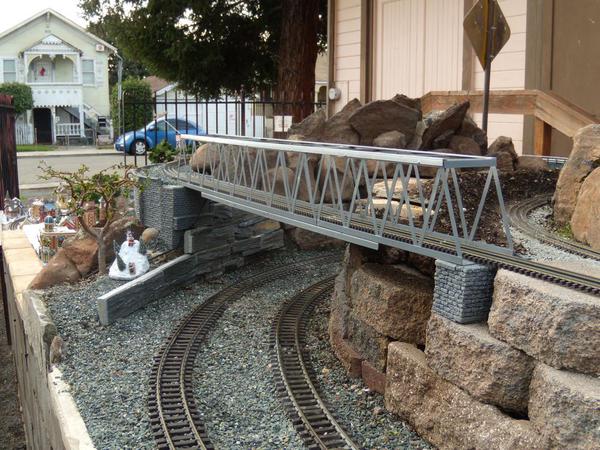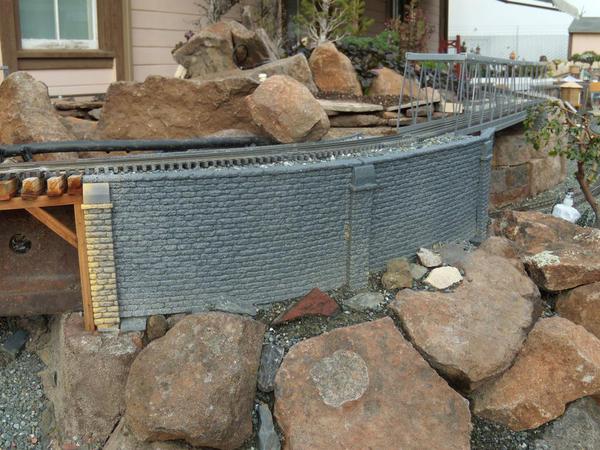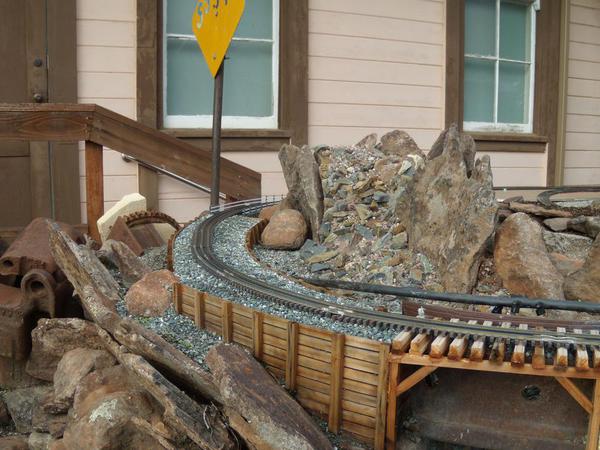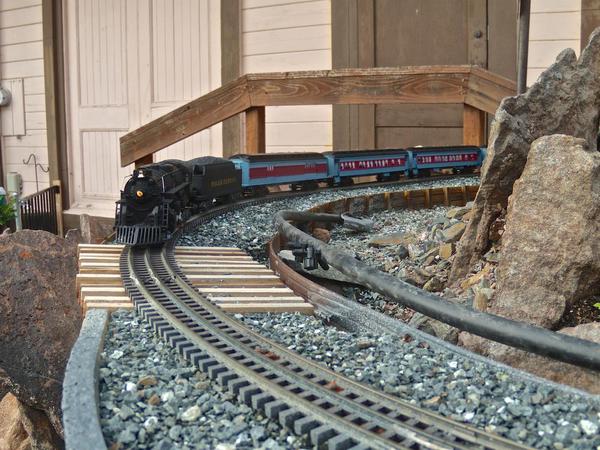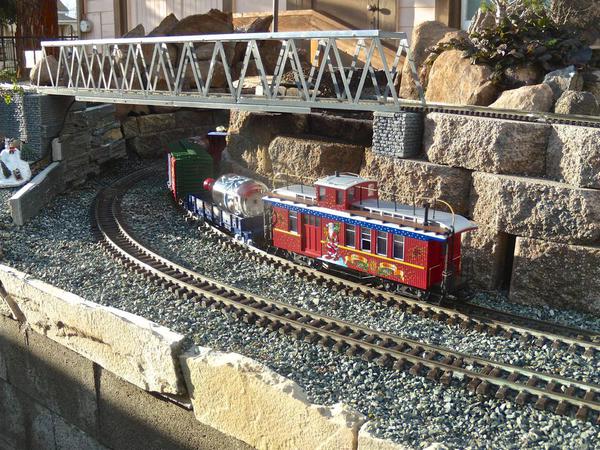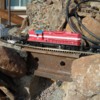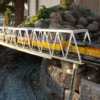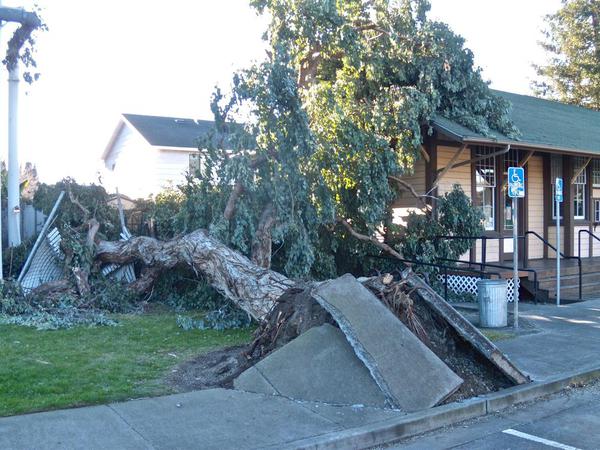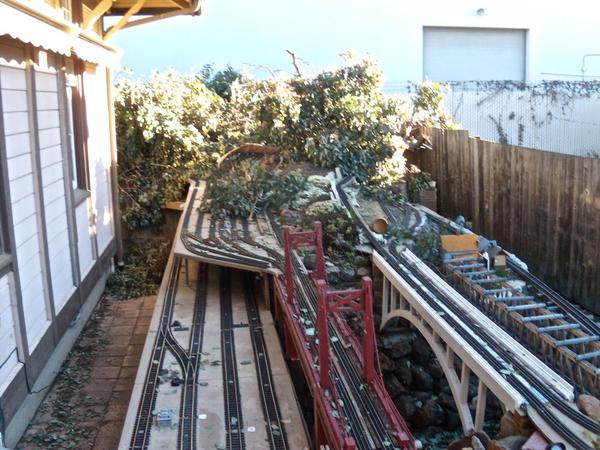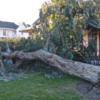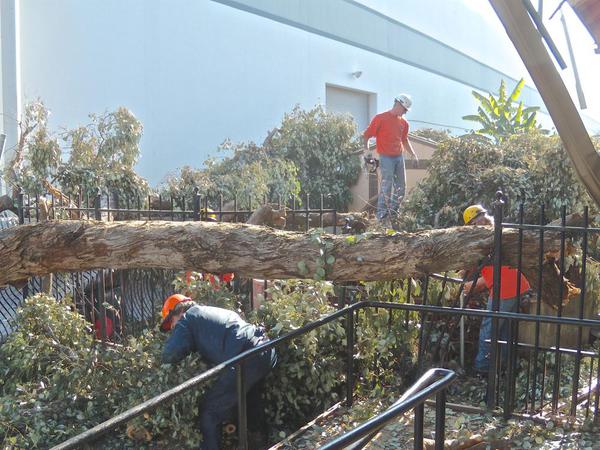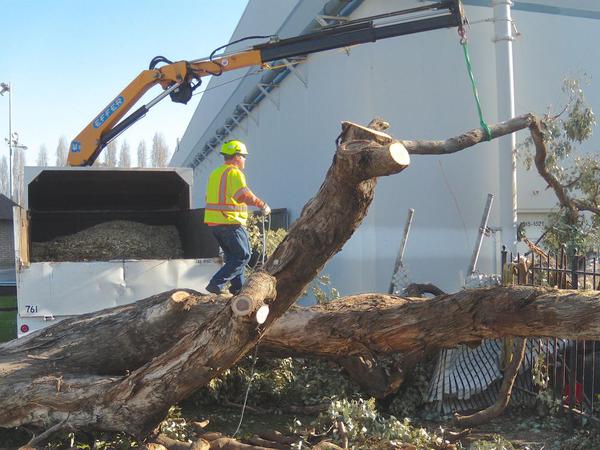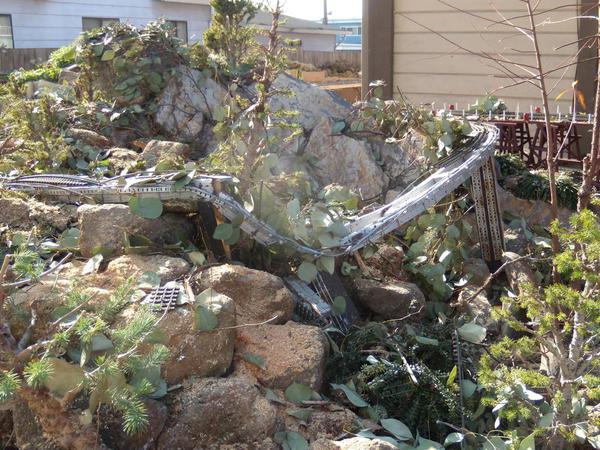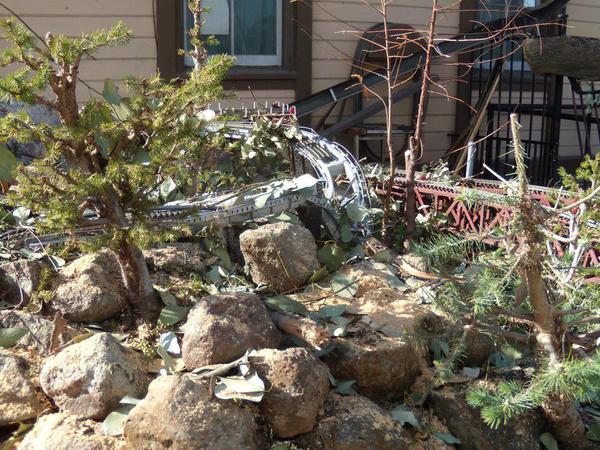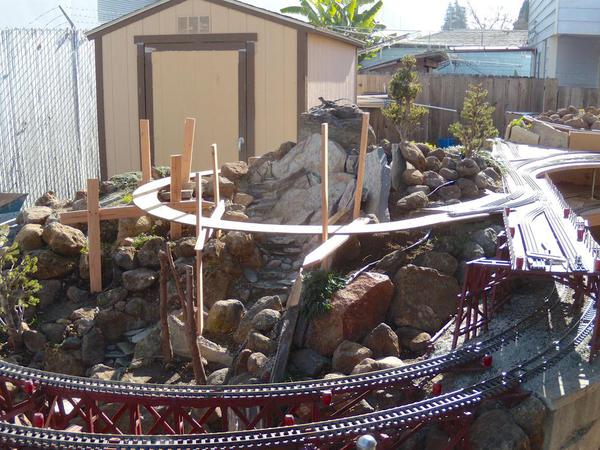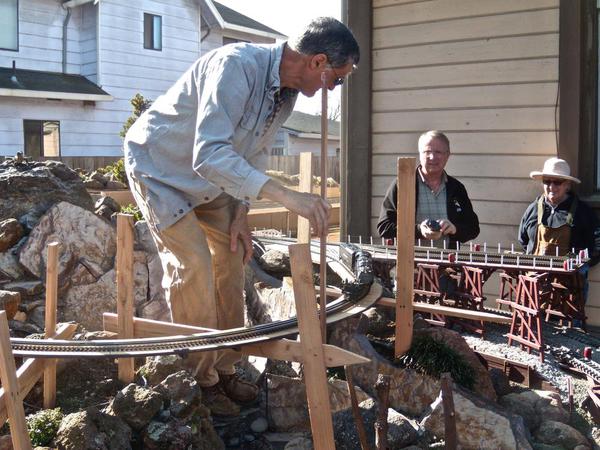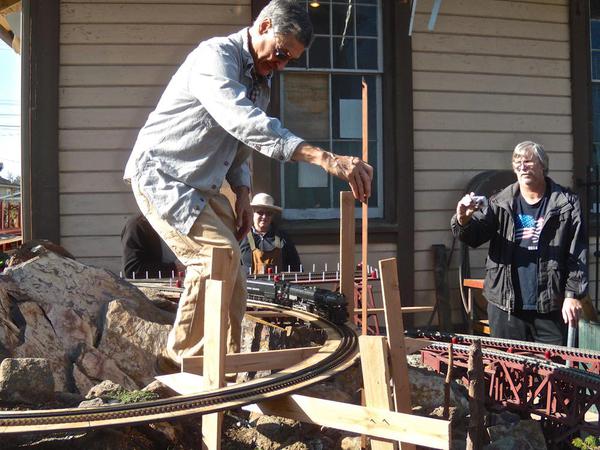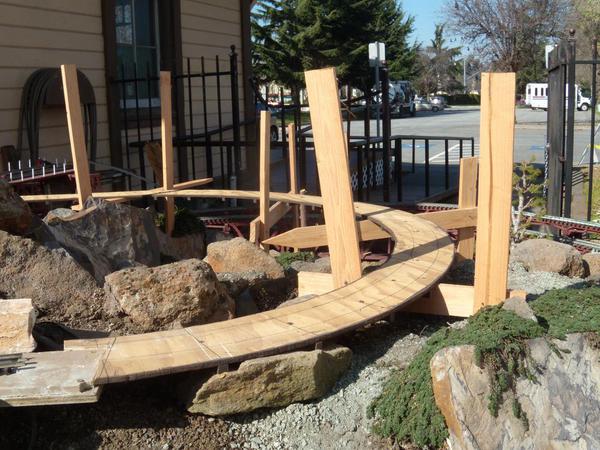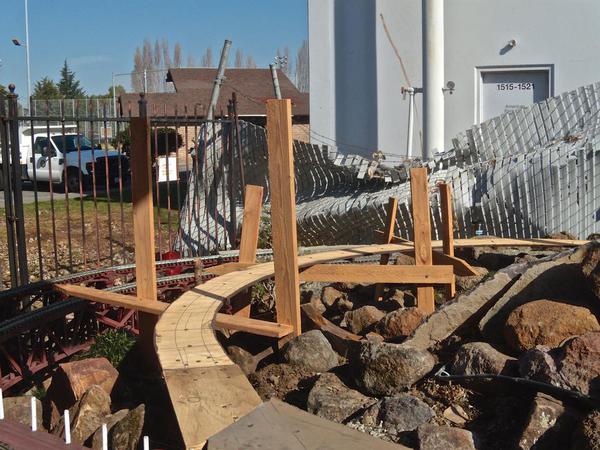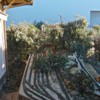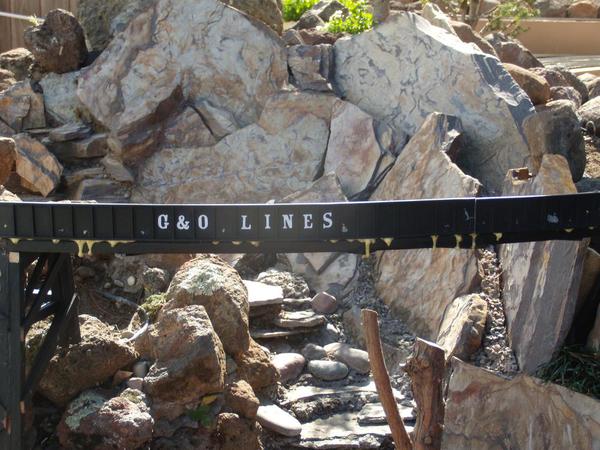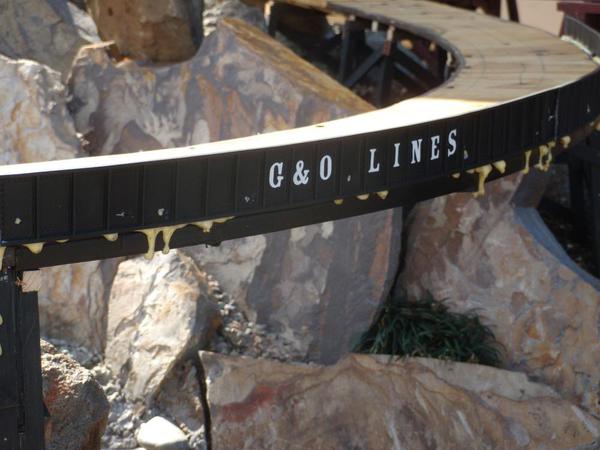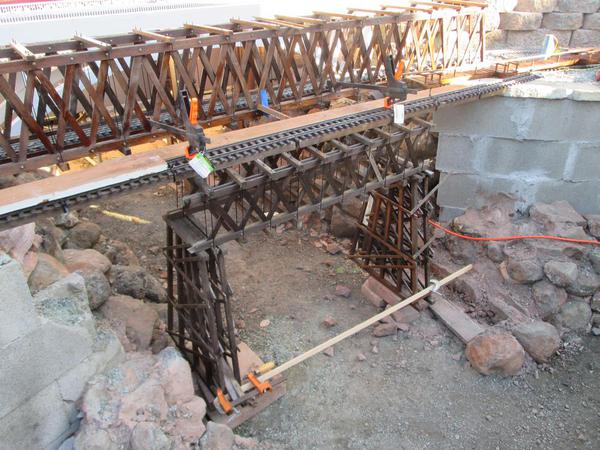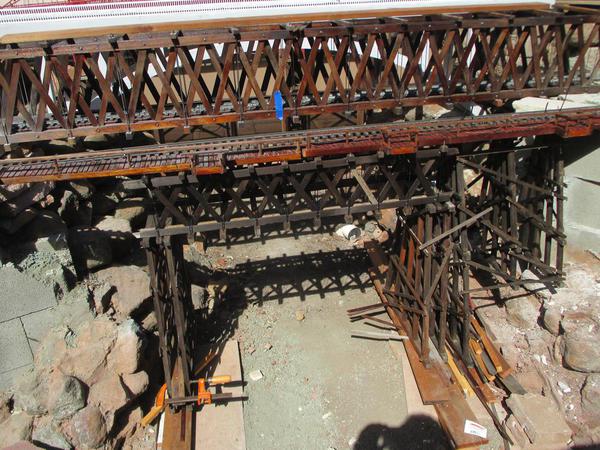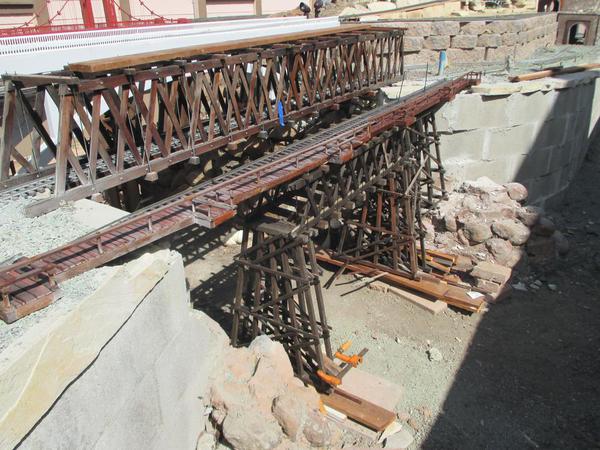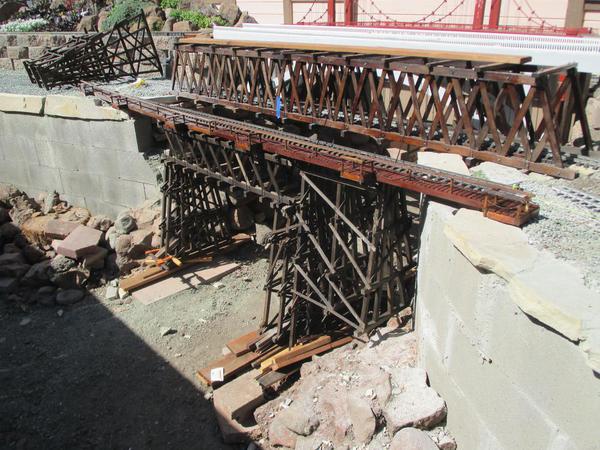The G&O Story
(O Gauge Outdoors)
I thought that I would restart the thread about the G&O outdoor railroad. The original thread was lost when the forum was restructured a couple of years ago. The G&O story may be of interest to forum members who are interested in building and operating an O gauge 3-rail layout outdoors.
The G&O outdoor railroad is being built as a public display with two gauges, G and O gauge 3-rail, hence the name - G&O. This thread begins with a general history of the railroad and will then focus on building the O gauge portion of the G&O.
The G&O outdoor railroad is being built by the San Leandro Historical Railway Society (SLHRS) in San Leandro, CA. San Leandro is located directly across San Francisco Bay from San Francisco and is just south of Oakland, CA.
Here is a brief history of the SLHRS. The HO San Leandro Model Railroad Club was formed in 1973-1974 at the Bancroft Avenue hobby shop in San Leandro where it built its first HO railroad. In 1983, the club lost its space in San Leandro and moved to a hobby shop on Park Street in Alameda where it built a second HO layout. In 1988, the club was forced to move a second time.
A member learned that the Southern Pacific Railroad was about to tear down its depot in San Leandro and saw this as an opportunity to get a permanent home for the club. The San Leandro Historical Railway Society was formed in 1988 to purchase the depot. The society purchased the depot for $1.00 provided it agreed to move the depot off SP property.
The SLHRS raised $45,000 to move the depot. The City of San Leandro granted the SLHRS a twenty-year lease and allowed the club to move the depot into a city park. The SLHRS extended the lease for a second 20 years starting in 2008.
The San Leandro Depot was built by the Southern Pacific in 1898 and really hadn't been maintained. It was mess as shown in the photos:
The depot was purchased by SLHRS in 1988 and moved into Thrasher Park in San Leandro.
The SLHRS completely restored the building inside and out. A large John Armstrong designed HO layout was built depicting the SP route from the San Francisco Bay Area to Donner Summit and Reno / Sparks, Nevada. The track plan was featured in the March 1998 issue of Model Railroader. The SLHRS was one of the first clubs to convert to DCC. Here is a photo of the Depot in 2013.
Throughout the time the HO railroad was being built, the 20 X 80 foot area behind the depot was left to grow waist high weeds. A few members became interested in garden railroading and proposed building an outdoor railroad. The first people onboard operated O gauge 3-rail at home. It soon became clear that we couldn't get a critical mass with just O gauge people, so the proposed railroad was expanded to include G gauge. Here are photos of the area behind the Depot after the weeds were removed.
The next step was to get permission from the San Leandro City Council to build the garden railroad. This was done in the fall of 2006. G&O crew member, Nancy Norris, built a model of the proposed display for our presentation to the City Council. Here are some photos of the model.
The entire layout is in a raised garden. G gauge is on the lower level and the O gauge is on the upper level. The left side of the model has a children's area. The right side is a mountain with a water feature.
The G&O was planned from the start to encourage kids to become interested in model railroading. The children's area is designed to give kids hands on experience running trains. The original plan was to have the children's area all G gauge. Here is a photo of the planned children's area. This track plan was changed during construction to include O gauge.
The other end of the display is at the public entrance. It is designed to have a water feature. Here is a close up of the planned water feature. This was built almost as planned. All of the G&O's controls and equipment is stored in the shed.
The G&O crew spent 2007 planning the layout and raising money to begin construction. Construction began in the spring of 2008 when we purchased and painted a "Tuff Shed" to house our equipment. The shed foundation is a series of old railroad ties that were dug into the ground. Here is a photo taken in May 2008.
Construction began in June 2008 when we held our "Big Dig". We needed to lower the entire perimeter of the display about six inches. This was the first of many "digs". We rented a bobcat to get started. Most of the digging had to be done by hand because of the close clearances. Here are some photos of the big dig.
Here is a photo of me at the end of the big dig day. The temperature was 100 degrees plus that day.
The SLHRS / G&O held train shows focused on the children's area during construction. The temporary G and O gauge lines can be seen in these photos.
G&O crew member, Nancy Norris, is running a radio controlled G gauge live steam locomotive on a temporary display.
There is much more information to share with forum members about the construction of the O gauge portion of the G&O. We will endeavor to keep this thread updated during the coming months.
Joe


